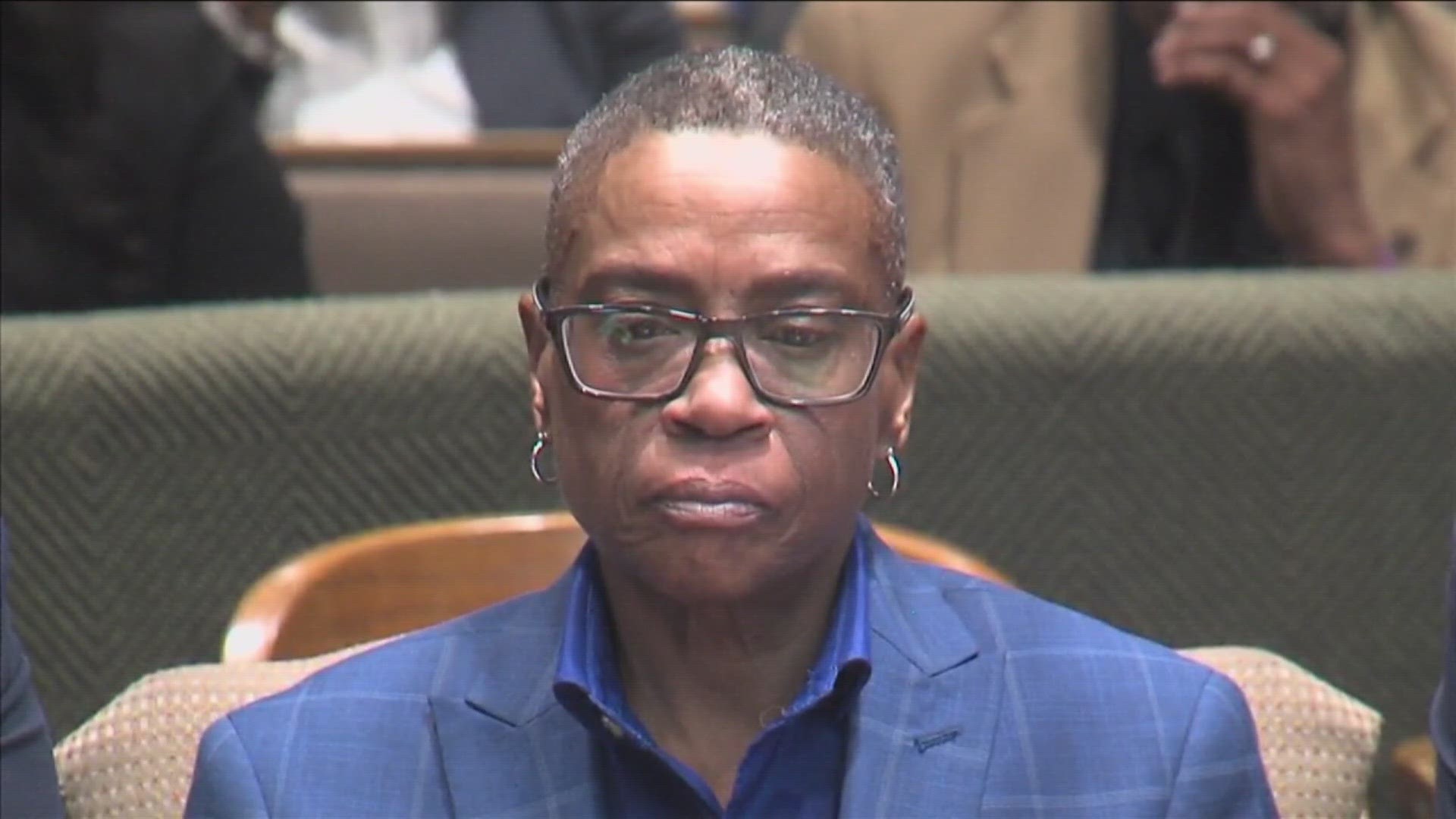Memphis Judge A. Melissa Boyd, 59, resigned from her position after her bond was revoked due to a failed drug test, which revealed the presence of cocaine in her system. This development came after a series of controversies that led to her indictment for witness intimidation and harassment.
Boyd was facing removal by the Tennessee General Assembly, with the Tennessee Board of Judicial Conduct recommending her removal from office. The board’s letter detailed her alleged attempts to coerce her campaign manager into recanting statements about her substance abuse, including finding a plate with suspected cocaine in her closet.

Boyd’s resignation was submitted to the Administrative Office of the Courts, and she initially planned to resign at the end of May. However, she moved up her resignation date, submitting her letter of resignation late last month. This decision came after she was jailed for failing drug tests, which was seen as the last straw for her position on the bench.
At the court hearing where her bond was revoked, Boyd’s attorney, Art Horne, stated that his client was in “full relapse.” Horne argued that jailing Boyd and allowing her to detox did not address the long-term problem of her substance abuse. However, prosecutors, including Nina Seiler, Assistant District Attorney of the 28th Judicial District, accused Boyd of thumbing her nose at the court’s orders by refusing to comply with pretrial supervision, drug screenings, and ceasing her use of cocaine.
The judge’s actions, including pressuring her campaign manager to recant statements and showing up at the campaign manager’s home to berate her, led to her indictment on charges of coercion of a witness and harassment. These charges were part of a broader investigation into Boyd’s conduct since taking office last year.
Tennessee Governor Bill Lee accepted Boyd’s resignation, marking the end of her tenure as a judge. The governor’s acceptance of her resignation came after she was jailed for violating her bond agreement by testing positive for cocaine.
This case highlights the serious consequences of failing drug tests and the challenges faced by judges who are accused of misconduct. It underscores the importance of maintaining professional standards and the potential repercussions for those who do not comply with the law or their professional obligations.

